Content Sections
By Rob Verkerk PhD
Founder, executive and scientific director, ANH International; executive and scientific director, ANH-USA
I’d have to rate last Friday as among the most enjoyable and fulfilling educational events I’ve ever attended. The fact that it was organised by ANH, that I was hosting it, and even that I was one of the two speakers, is irrelevant. I was thrilled to be very happily playing second fiddle to Dr Leo Pruimboom, the founder of the emerging and fast-growing medical discipline called clinical psychoneuroimmunology (CPNI), who delivered the Practitioner Masterclass under the wing of ANH’s Health Creation Faculty.
My excitement over the event is that between the two of us, and the assembled audience of practitioners and online attendees, we embodied an approach to medical education that I believe can change the world - or at least the health of the people on this remarkable planet we call home. Not with medicines, new technologies, or other products. But rather, without them.
Inspired
It turns out I wasn’t the only one who had a good day. These were some of the comments that came back on the post-Masterclass feedback form.
Absolutely brilliant day - as always lots of new information that simply blows your mind!
– Karina
A brilliant day - informative, and full of top class clinicians. Thank you for organising
– Jonathan
Amazing information. Left me wanting more!
– Sue
What a fabulous day - thank you so much. I learned a lot and looking forward to exploring much more
– Gayle
Fantastic day. I discovered so much
– Mark
Thanks for a great day! I could listen to Rob and Leo all day every day
– Claire
Absolutely mind blowing!
– Caroline
The best of the best!
– Jana
Absolutely fabulous day. Both speakers excellent and inspirational. Great, detailed information, amazing facts (and I do some of this already and I was blown away by it) and practical information
– Anonymous
A really interesting day – it will take some time to process fully
– Anonymous
Mid-December release of Masterclass package
The great news about the day is that the 150 of us who experienced it won’t be the only ones to be exposed to the life changing information that was shared on Friday 17th November. We had it professionally livestreamed and recorded with three cameras (thank you Stu and his team from SMB Productions). Now our in-house media team, headed by Mike Abbott, is working on sorting out the video, sound and slides to provide a permanent and inspiring record of the day’s education. We expect to have it ready for release at a modest fee by mid-December, making it an ideal seasonal gift for those loved ones who could do with some life changing information.
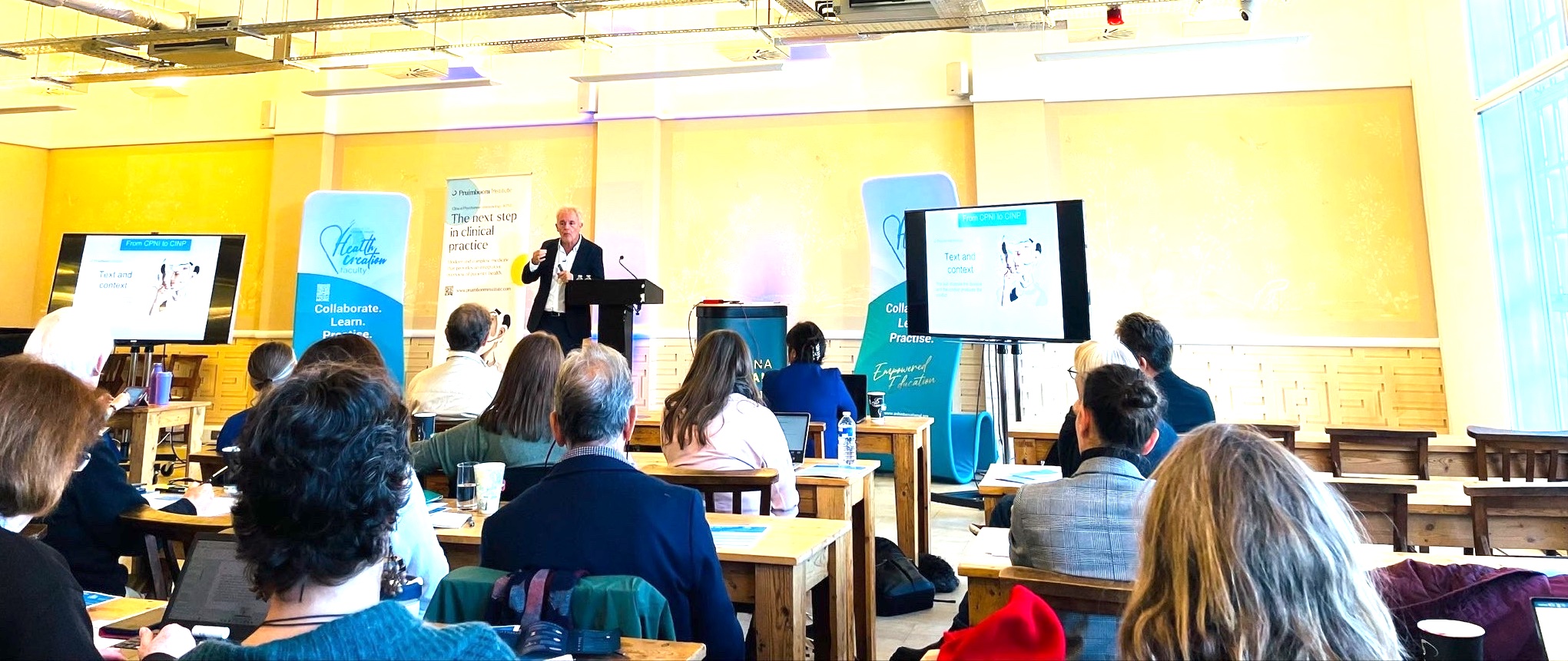
Dr Leo Pruimboom delivering his CPNI Masterclass at the China Exchange, Soho, London, 17 November 2023
A few clinical pearls
Dr Pruimboom undertook to offer 25 interventions that didn’t involve drugs or supplements that would combat 21st century diseases linked to inflammation. That's pretty much all the chronic diseases that plague modern societies. While he didn’t itemise each, they came through thick and fast, and my recollection of the day is that it was likely that more than 25 were offered, all backed up by research publications or clinical evidence.
I wanted to leave you with a few of these pearls to whet your appetite in advance of our release of the video package next month (that will include a large number of scientific citations via the slides):
- A very useful framework — that is central to CPNI — for looking at our health, and the way our environment, our behaviours, lives and evolutionary background impact our health, is through the lens of text and context. The text can include our genes and their expression, while the context refers to our environment in its widest sense, including the people, ideas, media, chemicals, EMFs, nature, cities and other influences and stressors to which we are exposed
- Our beliefs can be among the most toxic processes ongoing in our minds, these in turn informing emotions, behaviour and choices. Often, it’s our beliefs that hold us back on our journey towards high level health
- Agriculture tends to be positioned as a breakthrough that benefited humans, even after it was first conceived some 13,000 years ago in the region of Abu Hureyra in the Euphrates Valley, in present day Iraq. While recognising that the seeds of grasses (cereals) could be stored so negating the need for a nomadic, hunter-gatherer lifestyle, anthropological evidence tells us there is plenty of evidence to demonstrate that health, including physical height, growth and disease risk, suffered as a result. Today, we suffer even more at the hands of modern agriculture, dietary simplification, an excess of gluten-containing grains, globalisation of food supply chains and food processing
- Most people's - even immunologists' - view of the immune system is limited to the innate and adaptive sides of the system, from the physical, chemical and cellular components of of the innate immune system, through to the antibodies and T-cells of the adaptive side. This perspective ignores another crucial component: behavioural immunity. The fact that we choose to avoid doing things that we know to be harmful is very useful to us. The behavioural immune system developed through evolution to help us avoid eating things or doing things that might harm us, like eating poisonous berries. However, societal influences can cause us to override our inbuilt behavioural immune system
- This one caused consternation, keen interest and amusement, in similar amounts, among the participants. A very common reason for infertility is an immune response by the woman which prevents the spermatozoa from successfully reaching the ovaries. Sperm understandably face a massive immunological assault from a woman following intercourse and the stronger the attack, the less likely a successful pregnancy. Oral sex can improve tolerance to antigens associated with the male and can facilitate pregnancy. This perception was first learned by Dr Pruimboom when he lived with and interviewed indigenous, southern African bushmen who don’t use contraception, have regular sex (mainly oral), and end up with small families given the relative infrequency of vaginal sex
- Breathwork is the easiest and quickest intervention that can be used to change and balance a person’s physiological and emotional state.
- Now for some food for thought. Epigenetics wins over genetics every day, but sociology wins over biology. We see this reflected in so many facets of life and at the root of our myriad health ills. Neurological/brain dysfunction and disease rates are rising exponentially, so it’s important to know that the seahorse-shaped region of our brain, the hippocampus, sometimes referred to as the "flash drive" of the brain, is insulin dependent. It turns out it’s the only part of the brain that actually needs insulin to function properly. Consider now just how many people today are insulin resistant in modern society - the majority of over-50s. This leads to a metabolic catastrophe in the hippocampus, and that means downstream impacts on its whopping, 248 known functions, which include memory and the manufacture of intrinsic opioids. Evolutionary adaptations saw fit to add that many functions to the part of our brain which houses around 25 million neurons. We now live in a world where our hippocampus cannot work efficiently or cope. Loneliness, loss of sleep and sitting time can result in hippocampal atrophy with losses in hippocampal volume of up to 70% that have been recorded. We are at odds with modern life, making Dr Pruimboom’s 25 drug-free interventions all the more valuable
- Now for some light relief, or should I say, cold relief. It resonated given my personal struggle with ice baths, a struggle I conveniently put down to having nearly drowned in an ice-covered pond at the age of 18 months (let's face it, I needed to find an excuse)! Cold therapy delivering a modest 16oC (61oF) ambient air temperature over a sweet spot of between 4 and 6 hours a day, while wearing little in the way of clothing, can significantly increase the browning of adipose tissue (BAT - brown adipose tissue) and redistribution of adipose fat, while also having been shown to reduce the size of tumours, both in animal research and clinically in humans. One mechanism for this may be linked to the utilisation of around 250 g of glucose by BAT every 2 hours, which becomes intolerable for tumours that are also sugar hungry.
Bear in mind, the above is just a taster of so much more!
We look forward to letting you know when the video series from the Masterclass is available for public release, around the middle of December.
Interested in a Masters in CPNI?
For the health professionals amongst you looking for a next step in your clinical education, the really great news is that the international Masters in Clinical Psychoneuroimmunology is going to be taught in English, with London as the base for the in-person modules! It will also be streamed virtually so you can join from anywhere in the world. The CPNI Masters is due to start in October 2024.
Register your interest and find out more here, as well as view the content of the 18 modules.
To finish we wanted so share some pictures of the fabulous rainbow lunch, which was supplied by Rainforest Creations.
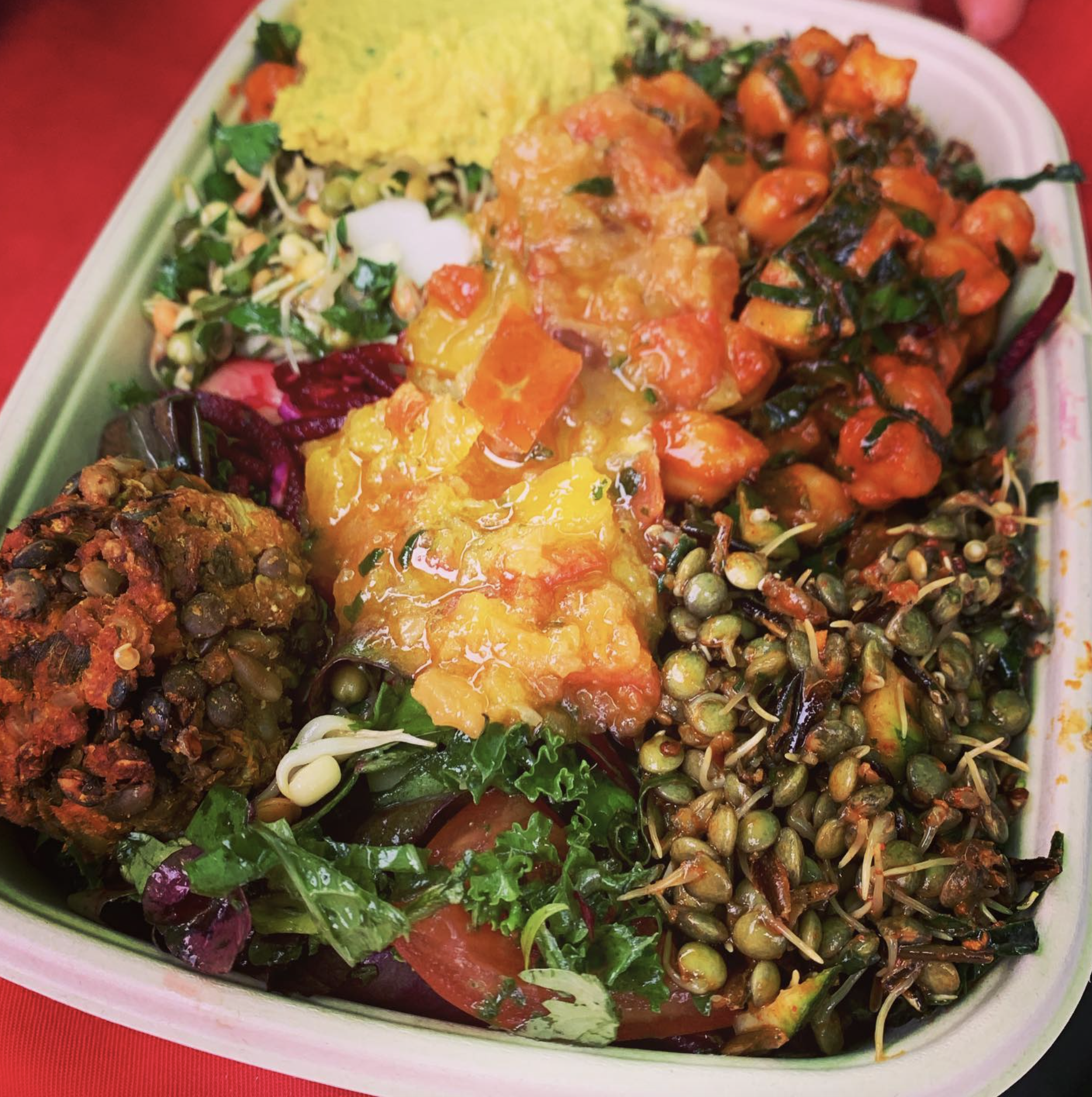
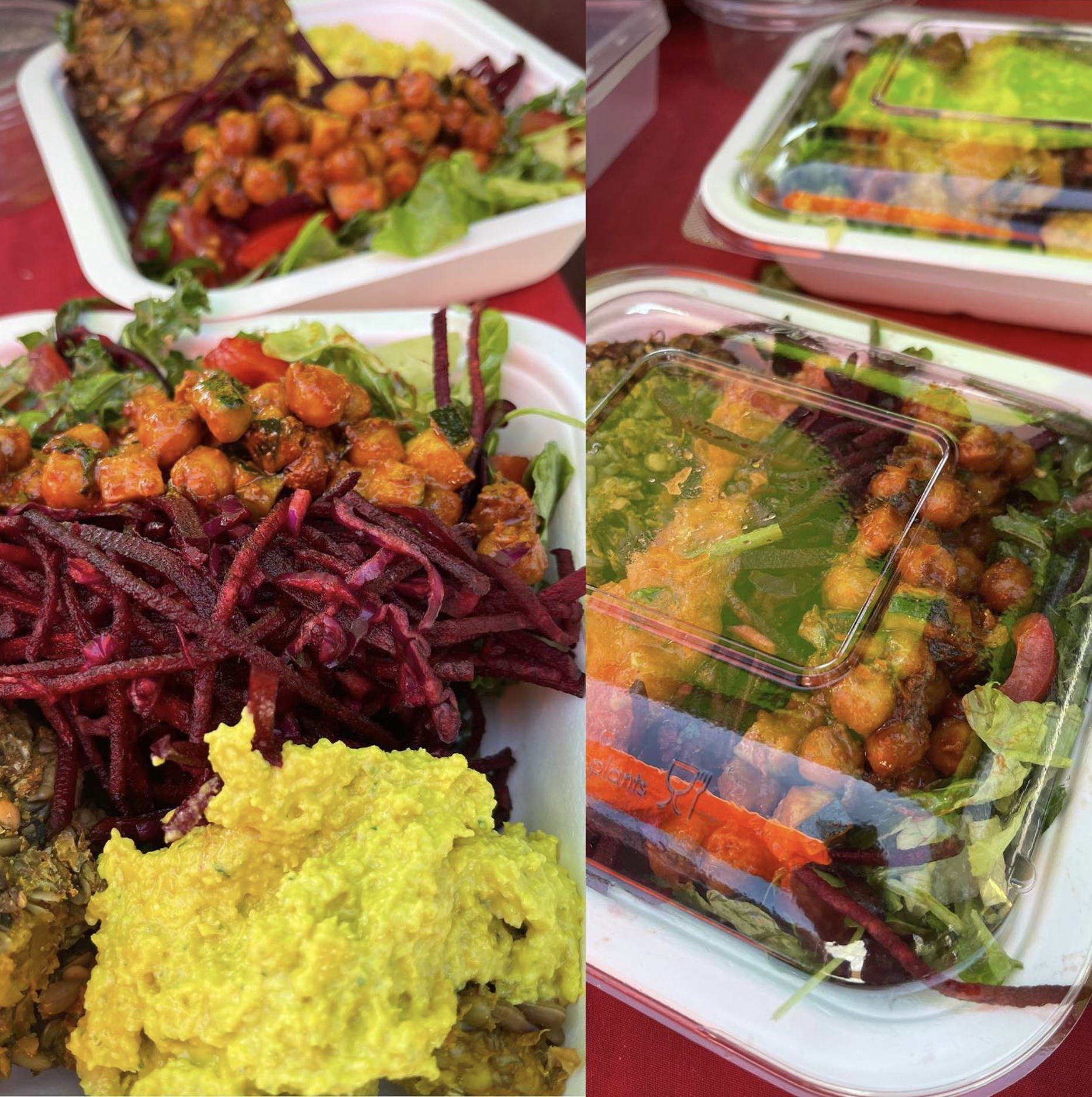
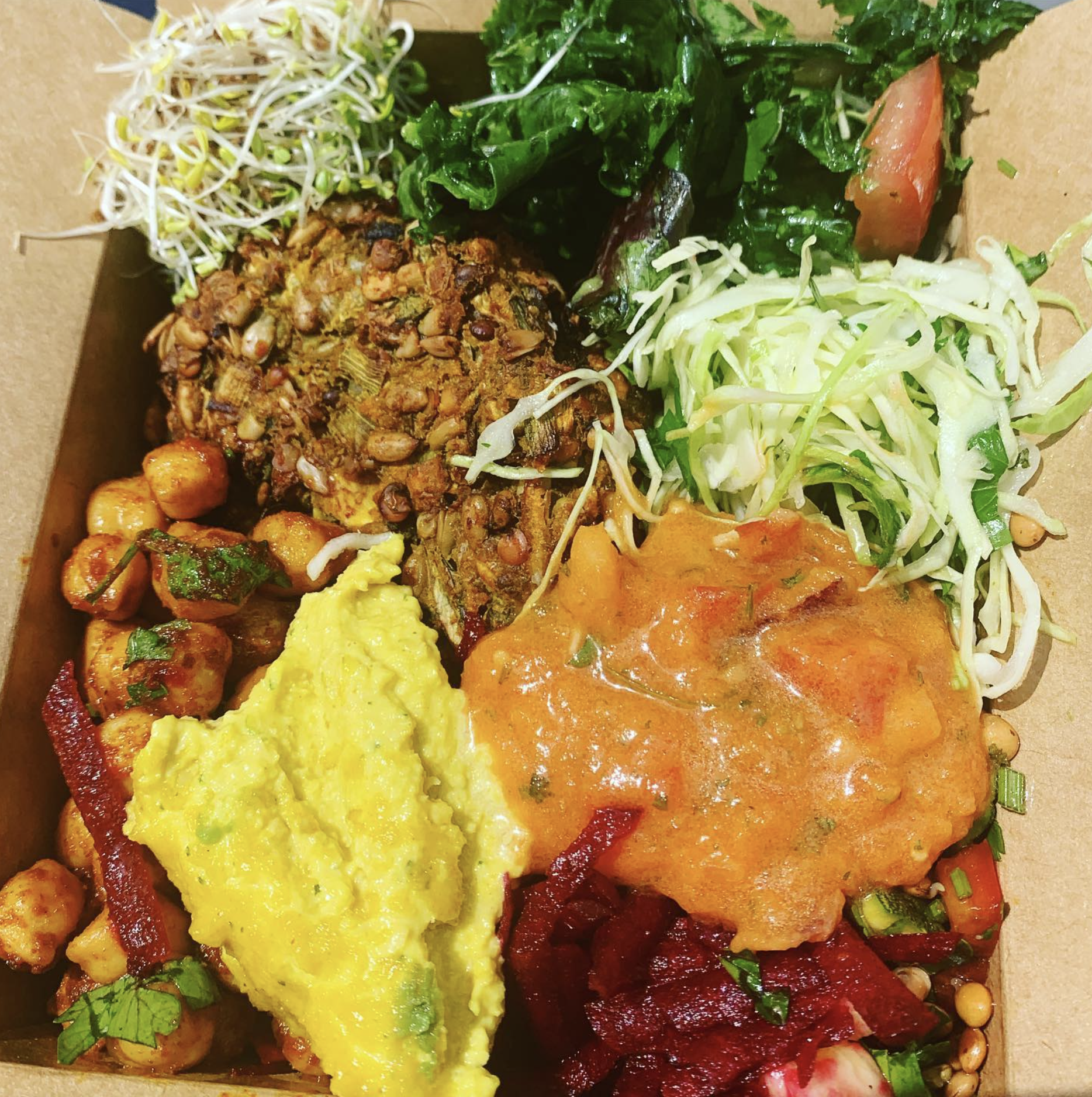
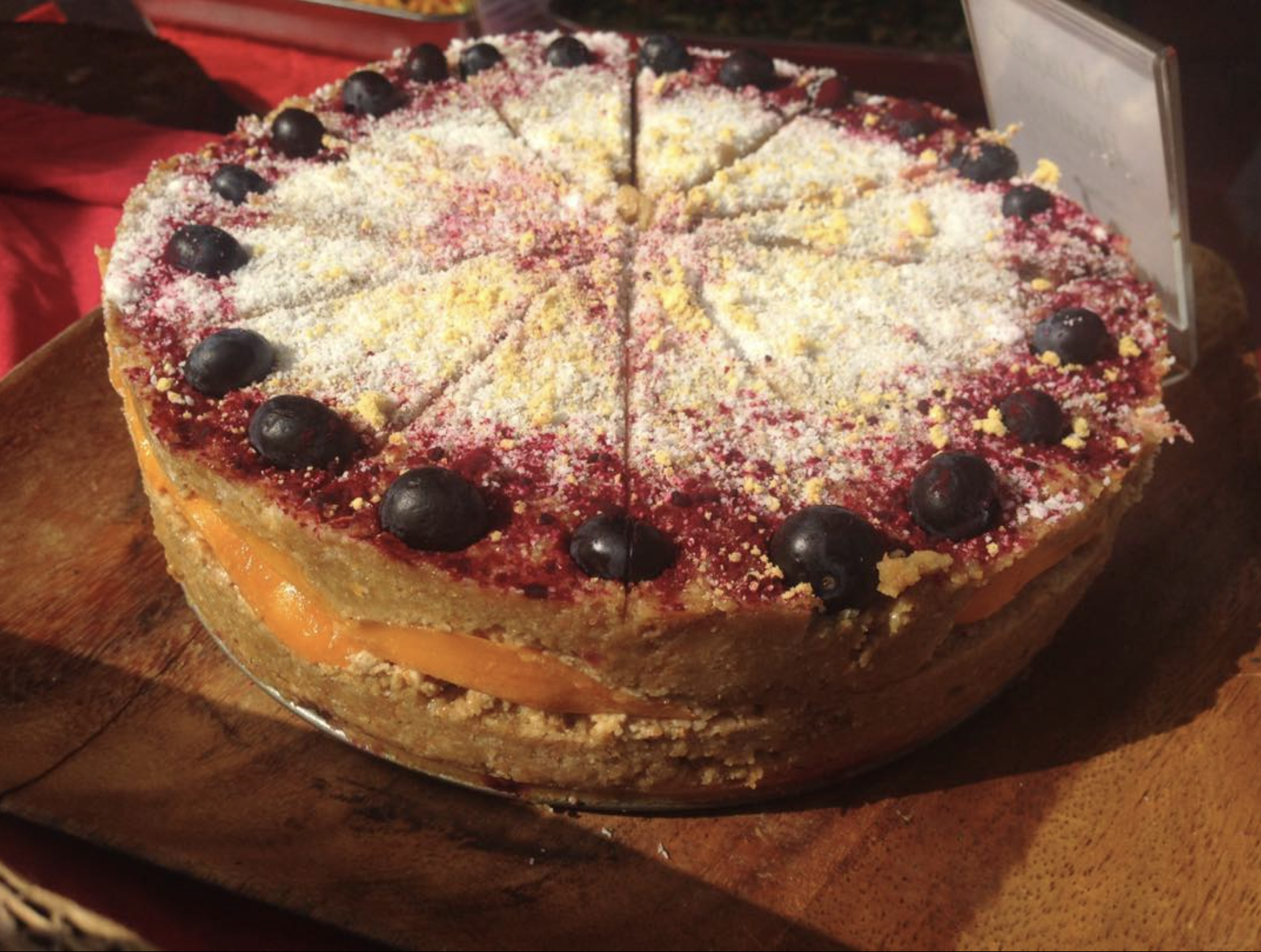
Examples of the delicious food provided during the Masterclass, that nourished brains, bodies and hearts, courtesy of Rainforest Creations.
>>> If you’re not already signed up for the ANH International weekly newsletter, sign up for free now using the SUBSCRIBE button at the top of our website – or better still – become a Pathfinder member and join the ANH-Intl tribe to enjoy benefits unique to our members.
>> Feel free to republish - just follow our Alliance for Natural Health International Re-publishing Guidelines
>>> Return to ANH International homepage




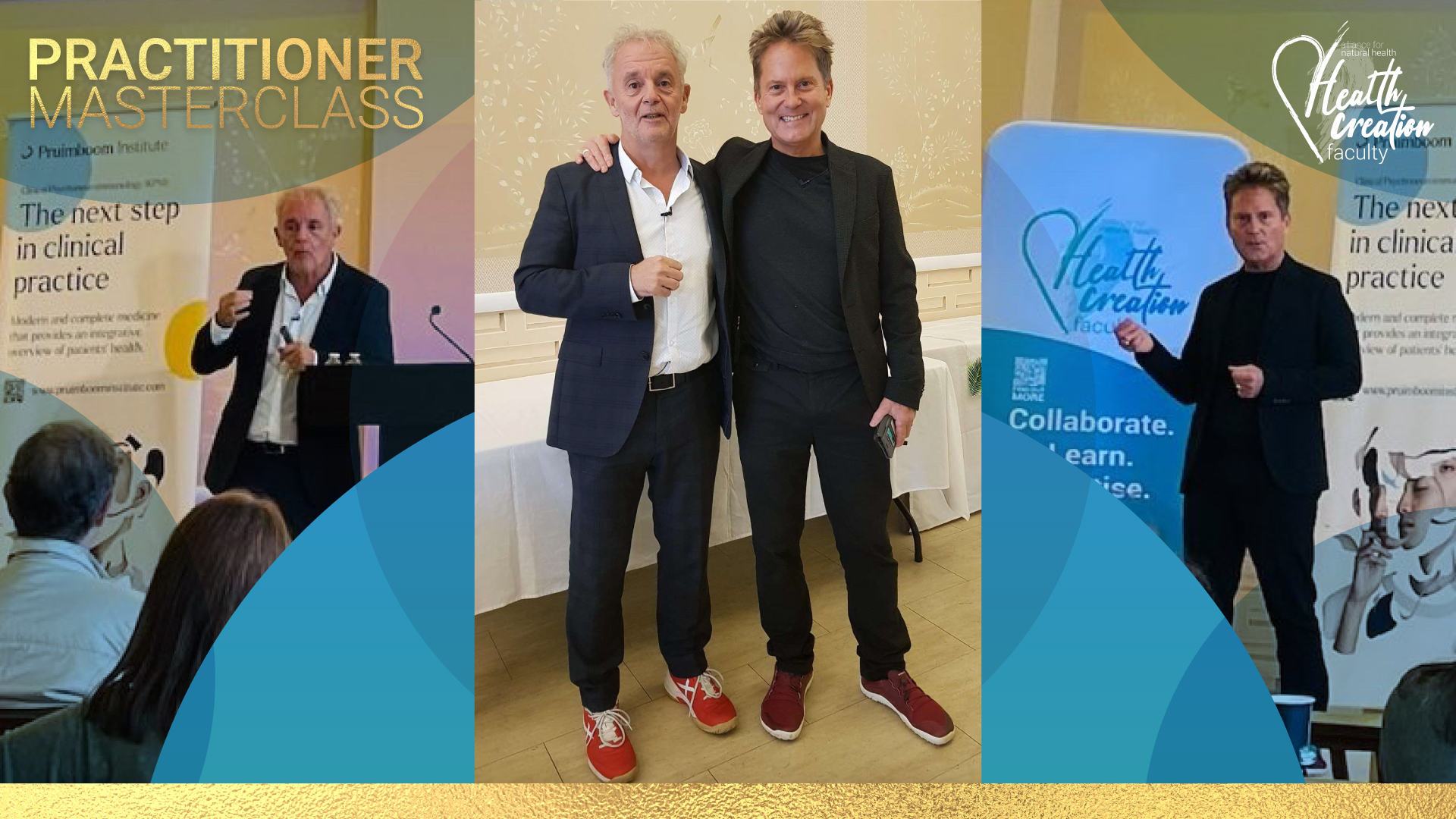



Comments
your voice counts
There are currently no comments on this post.
Your voice counts
We welcome your comments and are very interested in your point of view, but we ask that you keep them relevant to the article, that they be civil and without commercial links. All comments are moderated prior to being published. We reserve the right to edit or not publish comments that we consider abusive or offensive.
There is extra content here from a third party provider. You will be unable to see this content unless you agree to allow Content Cookies. Cookie Preferences